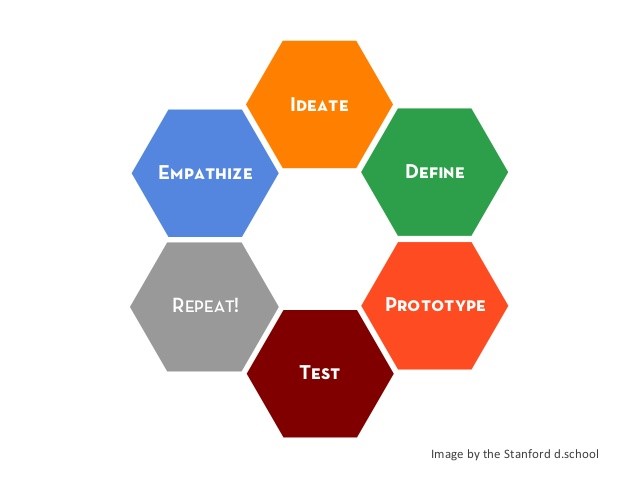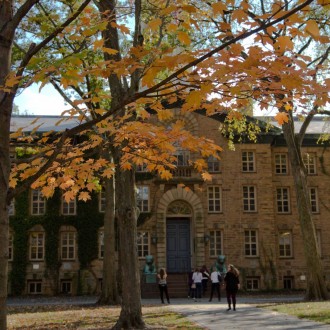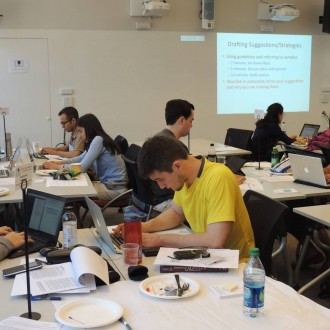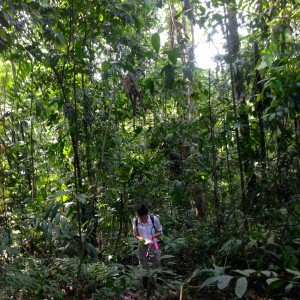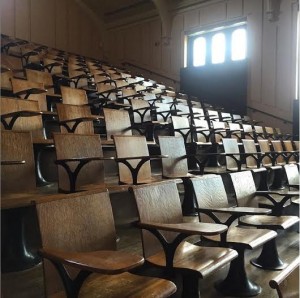I remember it like it was just yesterday. The steps to the scientific method: Question. Research. Hypothesis. Experiment. Analysis. Conclusion. I can actually still hear the monotonous voices of my classmates reciting the six steps to the content of the middle school science fair judges.
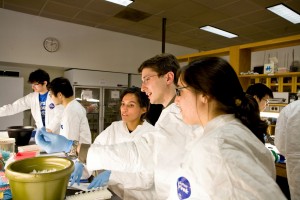
For our middle school science fair, I had created a web-based calculator that could output the carbon footprint of an individual based on a variety of overlooked environmental factors like food consumption and public transportation usage. Having worked on the project for several months, I was quite content when I walked into our gym and stood proudly next to my display board. Moments later the first judge approached my table. Without even introducing himself, he glanced at my board and asked me, Where’s your hypothesis? Given the fact that my project involved creating a new tool rather than exploring a scientific cause-effect relationship, I told him that I didn’t think a hypothesis would make sense for my project. To my dismay, he told me that a lack of hypothesis was a clear violation of the scientific method, and consequently my project would not be considered.
This was quite disheartening to me, especially because I was a sixth grader taking on my very first attempt at scientific research. But at the same time, I was confident that the scientific method wasn’t this unadaptable set of principles that all of scientific research aligned to. A few years later, my suspicions were justified when my dad recommended I read a book called Design Thinking by Peter Rowe. While the novel pertains primarily to building design, the ideas presented in the book are very applicable in the field of engineering research, where researchers don’t necessarily have hypotheses but rather have envisioned final products. Formally, design thinking is a 5-7 step process:
